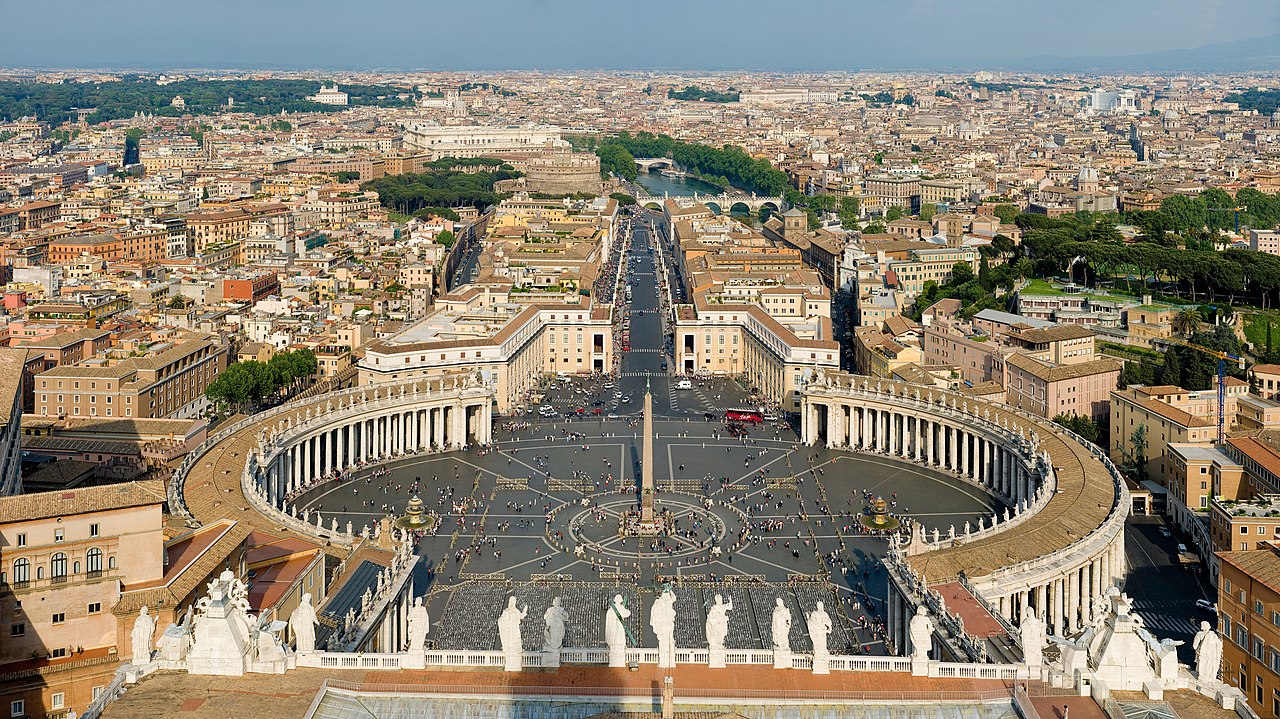Neonanocyborgasm
Deity
- Joined
- Apr 21, 2004
- Messages
- 4,695
With the widespread belief that democracy equals liberty, does anyone here believes that liberty is possible under one despotic ruler, as was proposed by Frederick the Great and Thomas Hobbes?
None, and in fact, the history of the times that immediately followed prove this, in that every absolutist European power was ultimately overthrown and replaced with a republic. If enlightened despotism was possible, you would see a mix of states in Europe today, some absolutist, some republics. Instead, there is only one regime in Europe that approaches absolutist, and that's Belarus.
I submit to you that the only reason enlightened despotism ever existed was because the kings of some countries were interested in advancing their power over the nobility. One way to do this was to upset feudalism, introducing elements that sabotage it and the validity of noble privilege. The benefactors of many liberal reforms were the common people, at the expense of the nobles. The people then came to see their loyalty as more belonging to the king than the aristocracy.


